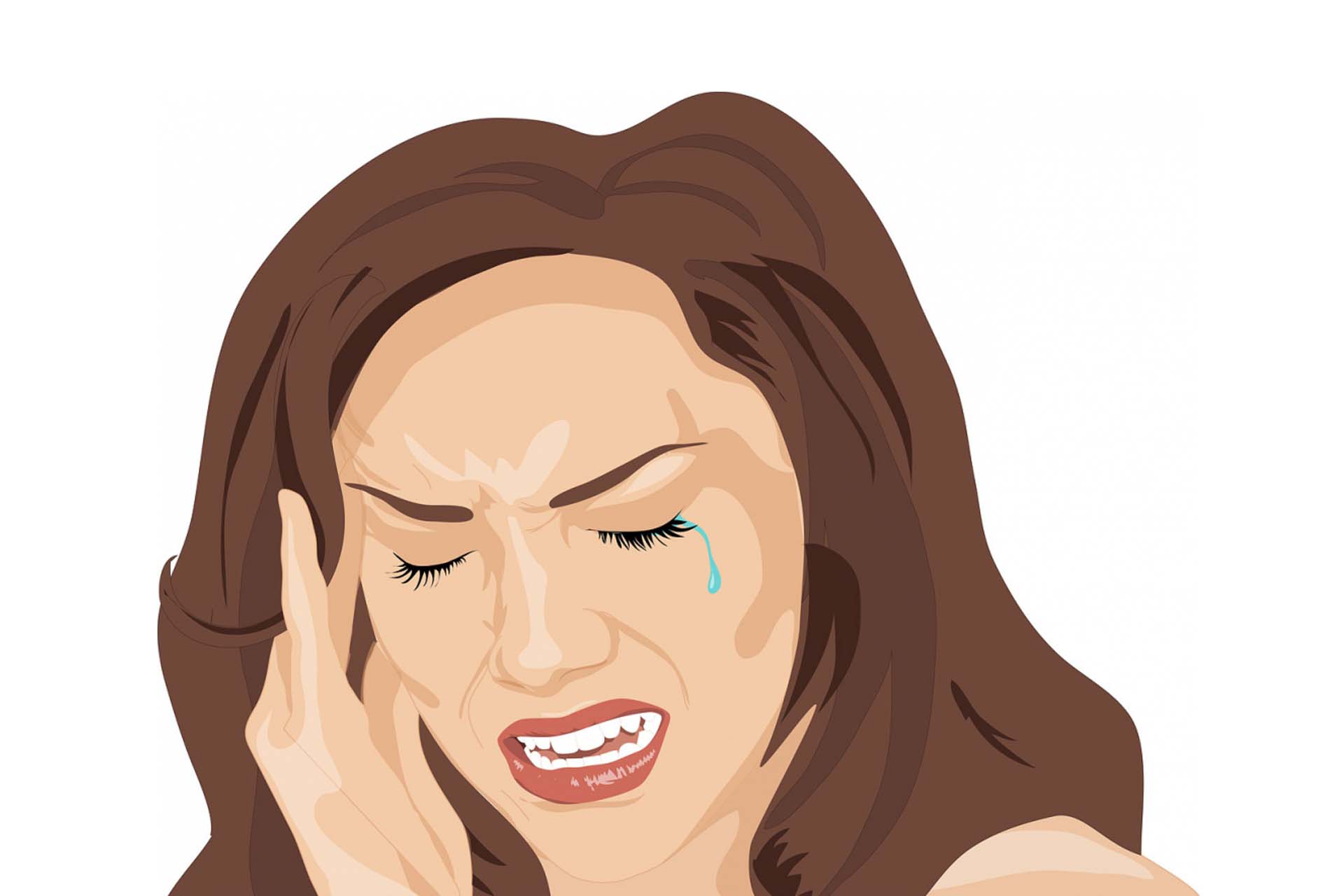TMJ Treatments We Do
Bruxism or teeth grinding can be innocous at times while other times, it causes jaw pain, TMJ disorders, poor sleep. Teeth grinding is very common in children and it may be related to growth and development of teeth and jaws. Most commonly, teeth grinding is a behavior and not related to any underlying illness or condition. But there can be other causes of teeth grinding such as stress, psychiatric illness, sleep disorders, medications, movement disorders and pain conditions of the jaw. Alcohol, smoking and caffeine have been associated with increased bruxism. In nineteen sixties, research studies found that changing bites stopped teeth grinding; but in a few years, it was proved that the teeth grinding stopped only temporary and malocclusion or teeth relation did not have much influence over teeth grinding. Symptoms of teeth grinding ranges from gritting sounds, chipped teeth, joint sounds, poor sleep, morning headaches, TMJ pain and neck pain. Treatments ranges from mouth guard, exercise, meditation and other relaxation treatment, Botulinum toxin, Acupuncture and rarely medications. Having the right diagnosis and understanding the sufferer is very important for the right treatment strategy! Reference: Pubmed In the nineteen sixties, there were some journal papers that showed improvement in bruxism after bite adjustment. Later on it was proved that the improvement is temporary and there does not seem to be a cause and effect relationship between malocclusion (any specific typer of bite) and bruxism. There are some patients whose bruxism may get better with changes of their bite (by crowns or implants or occlusal adjustment), most patients exhibit worsening of their bruxism or pain. The patients whose bruxism gets better with changes of their bite happens just because of chance.

